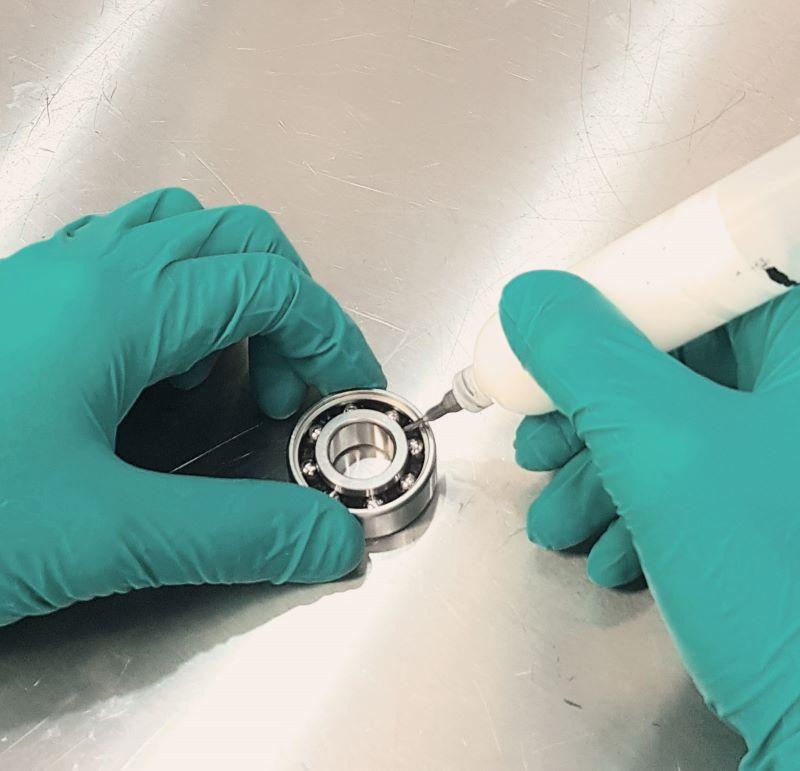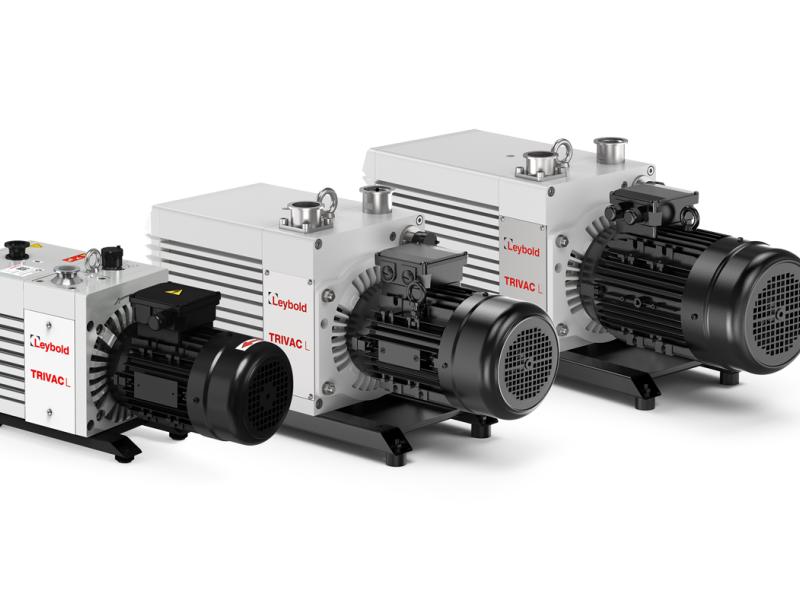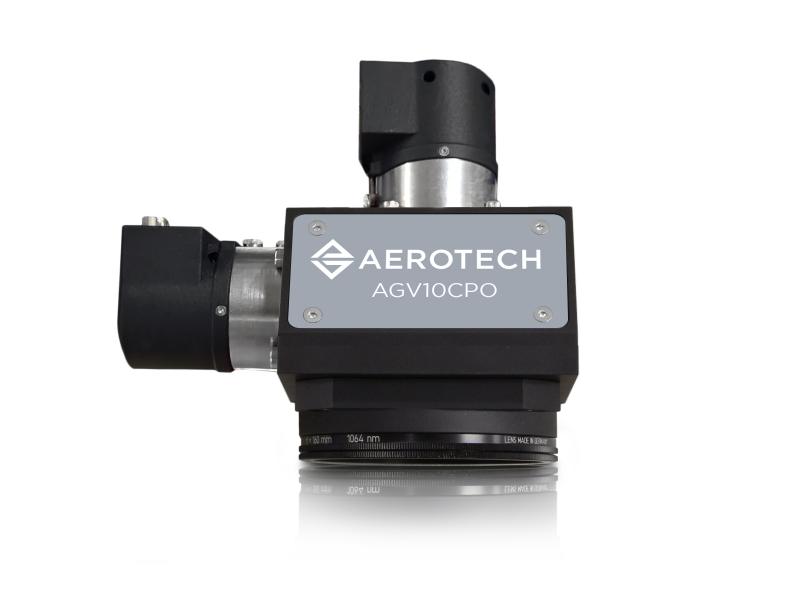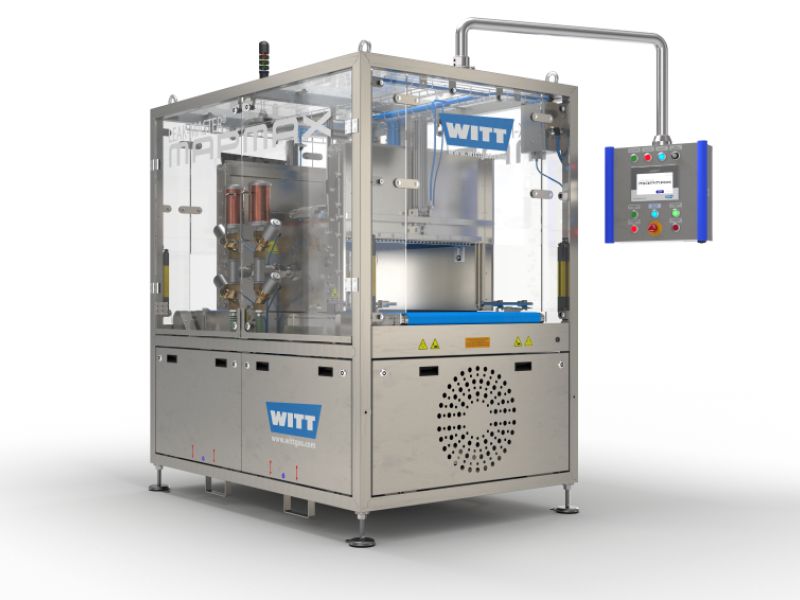The Automated Test Equipment (ATE) market, valued at USD 8.5 billion in 2022, is poised for an impressive surge with a 10 per cent CAGR (2023-2032) propelled by the global shift towards vehicle electrification. ATE, the cornerstone of precision testing, relies fundamentally on industrial bearings. Here, Chris Johnson, managing director at specialist bearing supplier SMB Bearings, explains how miniature and instrument ball bearings can support ATE advancement in such areas as control, instrumentation and metrology.
In the landscape of ATE, challenges loom large, affecting diverse industries from automotive to electronics and beyond. The precision and reliability demands are greater than ever, especially with the rapid proliferation of electric vehicles. In this crucible of testing, equipment must perform at optimum levels, meeting stringent quality standards.
Enter industrial bearings — the unsung heroes of ATE. These unassuming components, with their ability to reduce friction, ensure smoother operation, and extend equipment lifespan, play a pivotal role in the testing process.
Beyond this, their capacity to minimise noise and vibration levels proves invaluable in sensitive testing environments. By enhancing efficiency and precision, bearings elevate the longevity, reliability, and operational efficacy of ATE systems.
They enable precise measurements in flow meters, guarantee the accuracy of rotary encoders, and facilitate the smooth functioning of disc drives. In control systems, bearings are the linchpin, optimising the performance of stepping and servo motors, and ensuring that weighing devices deliver precise and reliable results. Without these precision-engineered components, the seamless operation of critical instruments in a multitude of industries would be compromised.
Rigorous testing of EV powertrains
Imagine a state-of-the-art Automated Test Equipment (ATE) facility dedicated to the rigorous testing of EV powertrains. In this high-tech environment, every component must undergo meticulous scrutiny to ensure optimal performance and safety. At the heart of this testing facility, SMB Bearings' miniature and instrument ball bearings find their purpose. These precision-engineered bearings are integrated into the testing equipment responsible for evaluating the powertrain's electric motors and control systems.
As the ATE system orchestrates a battery of tests on the EV powertrain, the bearings play a vital role in maintaining the integrity of rotating components. They minimise friction, guaranteeing that the motors operate with unparalleled efficiency. This precision is paramount, as any deviation could impact the powertrain's overall performance and longevity. Additionally, the bearings' ability to dampen vibrations and reduce noise levels ensures that the testing environment remains controlled and conducive to accurate measurements.
Ultimately, in this hypothetical scenario, SMB Bearings' products like instrumentation bearings stand as the cornerstone of the ATE process for EVs. Their precision and reliability contribute significantly to the robustness and dependability of the testing procedures. This example vividly illustrates how SMB Bearings' offerings revolutionise testing in the dynamic and critical realm of EV technology.
Future advancements in ATE
The future of ATE is on the brink of major changes, thanks to advancements in technology. These changes are particularly important for the testing of mechatronic vehicles, which are advanced vehicles where computers are tightly woven into the fabric of the vehicle system, allowing for intricate coordination between mechanical, electronic and software components. Examples of mechatronic vehicles include advanced electric cars, autonomous drones, and sophisticated industrial robots.
This means that testing software is just as vital as testing hardware. As vehicles become more complex, so do the tests. For advanced driver assistance systems in these vehicles, automated full regression testing is becoming a must for safety certification. Manual testing simply isn't practical anymore, due to its time and resource requirements.
In a cutting-edge ATE system, used for evaluating vehicle components, both hardware (like sensors) and software (testing algorithms) must be rigorously assessed. Automated full regression testing, which re-evaluates a comprehensive set of test cases to prevent unintended consequences from software changes, is vital. This ensures that updates to the ATE software won't compromise testing accuracy.






